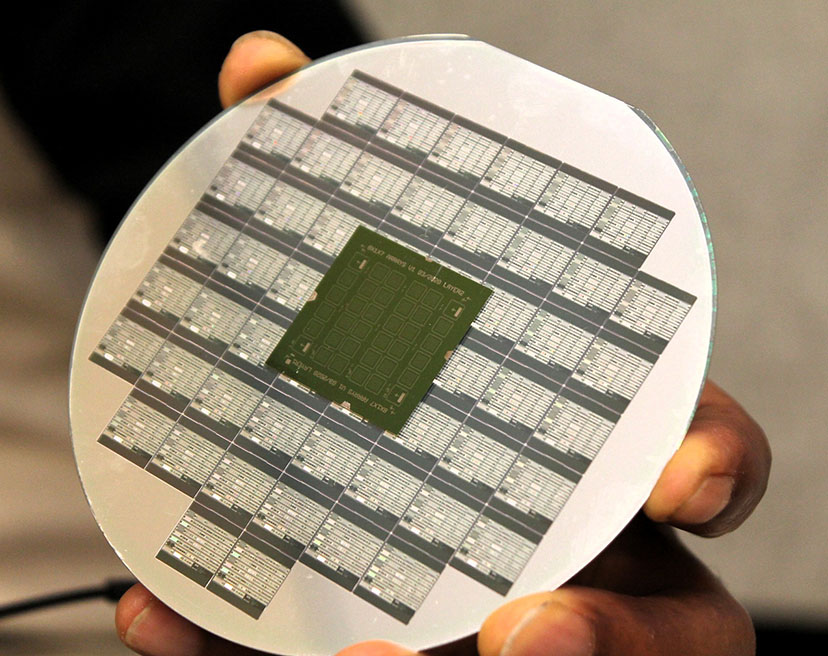The Best Tech Idea of 2021: processor and memory in one
Said Hamdioui's 'computation-in-memory' – a revolutionary new computer architecture – is the Best Tech Idea of 2021 according to the jury of KIJK magazine. The jury praised Said's computer architecture for making numerous new innovations possible: "the Internet of Things requires large amounts of computers that all must be very energy-efficient. Memristors can be the basis for this and that makes this idea, however young, very important." In other words, computation-in-memory is a long awaited and necessary innovation.
The 'Internet of Things' is the next evolutionary step of the internet, in which even the smallest devices are connected. From chips on organs that give a timely signal when something seems to be going wrong in a patient, to autonomous weather stations that closely monitor the effects of climate change. But to make this future possible, one essential innovation is needed: computers must become much more energy efficient. Said Hamdioui's computation-in-memory architecture makes this efficiency possible. By integrating the working memory with the processor, it is up to a 1,000 times more energy efficient than traditional chips. Said Hamdioui: "With traditional chips it is like flying first class to New York to get a euro's worth of sweets. While you can also just buy it around the corner."
The 'Internet of Things' is the next evolutionary step of the internet, in which even the smallest devices are connected. From chips on organs that give a timely signal when something seems to be going wrong in a patient, to autonomous weather stations that closely monitor the effects of climate change. But to make this future possible, one essential innovation is needed: computers must become much more energy efficient. Said Hamdioui's computation-in-memory architecture makes this efficiency possible. By integrating the working memory with the processor, it is up to a 1,000 times more energy efficient than traditional chips. Said Hamdioui: "With traditional chips it is like flying first class to New York to get a euro's worth of sweets. While you can also just buy it around the corner."
Said Hamdioui's innovation fits within a broader research trend to make smaller computers in particular – so-called 'edge devices' – more energy-efficient. Scientists at Delft are also working on 'intermittent computing', in which computers harvest energy from their surroundings in all sorts of ways. The movement of your watch, for example, but also the minute vibrations of a pole on which a camera hangs – even that would be enough energy for a device with Said Hamdioui’s chip.
A combination of these two innovations is indeed the vision of Said Hamdioui. Small computers could then last a lifetime, assisting our society in all sorts of ways – from healthcare to climate adaptation and smarter mobility. The next step is therefore to develop computation-in-memory into a product that can be produced on a large scale.
You can read exactly how computation-in-memory works in this article.

